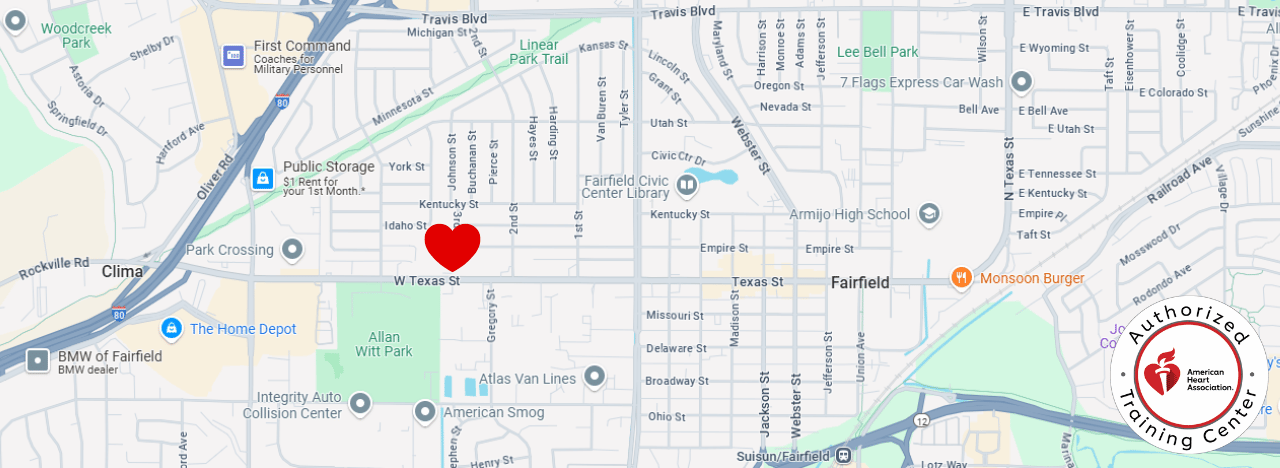
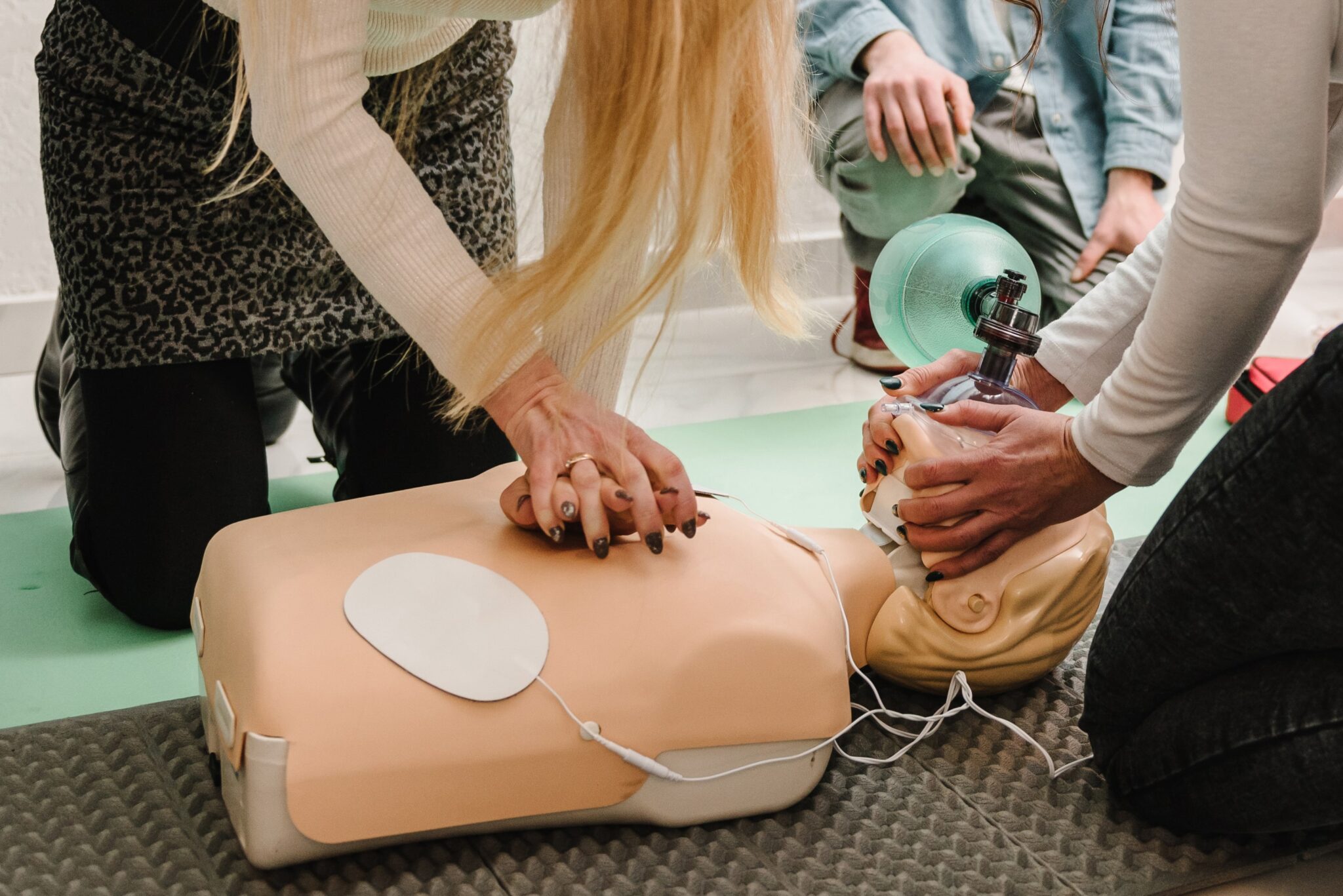
Price: Lowest prices in Fairfield. Guaranteed.
Convenience: 60+ CPR testing sites. Classes offered daily.
Trust: Founded 1989. AHA Training Center
Fairfield, situated in Solano County, is a dynamic city that balances a rich agricultural heritage with a thriving, modern community. Known for its friendly residents and strong sense of unity, Fairfield places a high value on safety and preparedness. Learning Basic Life Support (BLS) here means gaining vital skills to handle emergencies, whether at work, home, or in the community. By becoming BLS-certified in Fairfield, you’re not just equipping yourself with life-saving knowledge; you’re playing an active role in fostering a safer, more resilient city for everyone.
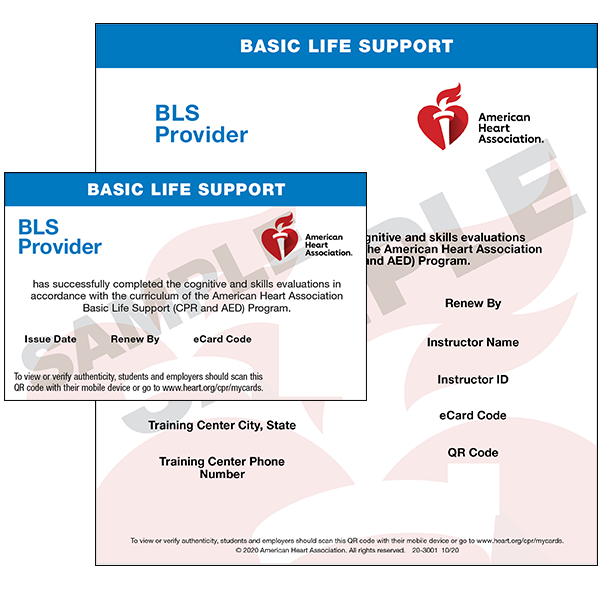
Basic Life Support
Online Course: 1-2 hours
Skills Testing: 30 minutes
100% Pass Rate Guaranteed
Lowest Prices In California
Receive Card On Class Day
Thousands of 5 Star Reviews
CE Credits to CA Dentists
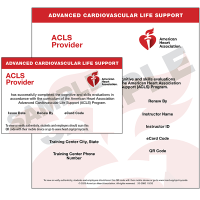
Advanced Cardiac Life Support
Online Course: 2-3 hours
Skills Testing: 30 minutes
100% Pass Rate Guaranteed
Lowest Prices In California
Receive Card On Class Day
Thousands of 5 Star Reviews
Some Professions: 2-3 CEU
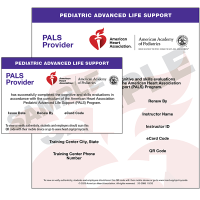
Pediatric Advanced Life Support
Online Course: 2-3 hours
Skills Testing: 30 minutes
100% Pass Rate Guaranteed
Lowest Prices In California
Receive Card On Class Day
Thousands of 5 Star Reviews
Some Professions: 3.75-5 CEU
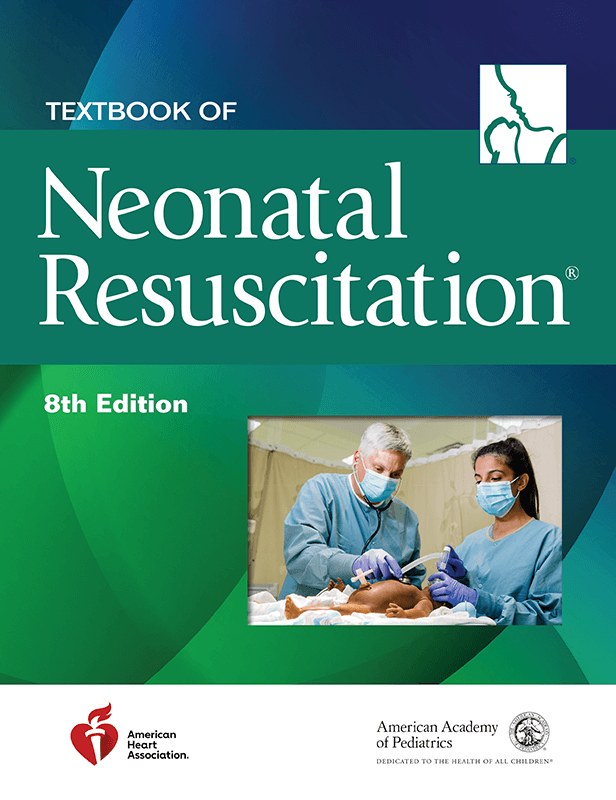
Neonatal Resuscitation Program
Online Course: 2-3 hours
Skills Testing: 3 hours
100% Pass Rate Guaranteed
Lowest Prices In California
Receive Card On Class Day
Thousands of 5 Star Reviews
Some Professions: 4 CEU
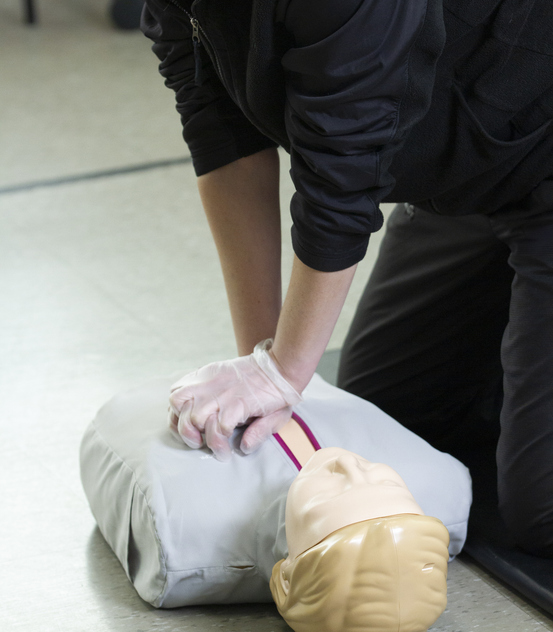
Audience: General public
Topics: CPR for all age groups, AED use, bleeding, epi-pen, etc
Online Session: 1 Hour
Skills Testing: 30 minutes
Card: Safety Training Seminars
Certification: Valid 2 years
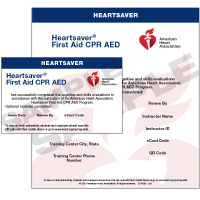
Audience: General public
Topics: CPR for all age groups, AED use, bleeding, epi-pen, etc
AHA Online Course: 1-2 Hours
Skills Testing: 30-45 minutes
Card: American Heart Association
Certification: Valid 2 years
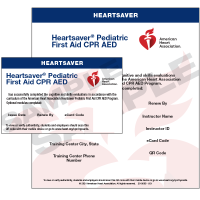
Audience: CA childcare providers
Topics: CPR for all age groups, AED use, bleeding, epi-pen, etc
AHA Online Course: 1-2 Hours
Skills Testing: 30-45 minutes
Card: American Heart Association
Certification: Valid 2 years

Audience: Childcare providers
Topics: Lead poisoning, nutrition, infectious disease,etc
Zoom Course: 8 Hrs (state law)
Skills Testing: 30-45 minutes
Card: EMSA Health & Safety
Certification: No expiration

1652 West Texas St. Suite 161
Fairfield, CA 94533
(707) 251-1240
Opening Hours:
Monday: 8 am – 10 pm
Tuesday: 8 am – 10 pm
Wednesday: 8 am – 10 pm
Thursday: 8 am – 10 pm
Friday: 8 am – 10 pm
Saturday: 8 am – 10 pm
Sunday: 8 am – 10 pm

Thank you for completing your American Heart Association training with us in Fairfield! We’d love it if you could take a moment to review your experience on Google, Yelp, or Facebook. Your support means the world to us as a women-owned small business, and your feedback helps others in Fairfield discover our services.
Many of our new students hear about us through recommendations from local residents and professionals who have completed our training. Whether you’re a nurse, teacher, or parent, your review helps us reach more neighbors who can benefit from essential, life-saving skills.
Thank you for helping us grow and continue serving the Fairfield community!
EXCELLENTTrustindex verifies that the original source of the review is Google. I really appreciated the instruction and feedback provided by the trainers during the BLS class, earning me comprehensive and coveted BLS certification that I'm confident will serve me well in any emergency situation.Trustindex verifies that the original source of the review is Google. I was really impressed with the BLS class I took at Safety Training Seminars, which not only effectively trained me in life-saving skills but also gave me reassurance in earning my BLS certification.Trustindex verifies that the original source of the review is Google. Class was excellent! Easy instructions, clean equipment and facility. Thank you!Trustindex verifies that the original source of the review is Google. I recently completed the BLS Class at Safety Training Seminars and left feeling highly confident in my ability to respond to emergency situations with the knowledge and skills I gained. Quick, easy, and seamless course.Trustindex verifies that the original source of the review is Google. I recently attended Safety Training Seminars for BLS certification and was very impressed with the experience, the instructor provided clear and concise instructions that made the material easy to understand, making me feel confident and prepared for my certification exam.Trustindex verifies that the original source of the review is Google. Good place, good manikins, and the online courses for ACLS/PALS are really helpful! Highly recommend!Trustindex verifies that the original source of the review is Google. I’ve taken my CPR/First Aid/EMSA/BLS certification training at Safety Training Seminars for many years. This is a top notch organization!! I know I can count on the instructors at Safety Training Seminars to expertly guide me through the CPR and First-aid class, providing clear instructions and hands-on training to ensure I receive the highest quality of education, ultimately resulting in a well-rounded understanding of lifesaving techniques necessary for BLS and EMSA certification. In prior years, I attended classes in person. I was a bit hesitant to take the hands-on portion in a virtual classroom this year. Happily, it was just as helpful and easy to navigate as the in-person was!! Georgia, an actual live trainer on Skype, was fantastic! Everything was clear, smooth, and thoughtful! Thank you to the dedicated women at Safety Training Seminars!!
Safety Training Seminars offers BLS, CPR, and First-aid classes in Antioch, designed to equip individuals with essential life-saving skills. These courses provide comprehensive, hands-on training based on American Heart Association guidelines, ensuring you’re prepared to confidently respond to emergencies. Whether it’s performing CPR, using an AED, or addressing injuries, you’ll gain the practical knowledge needed to save lives and make a difference in critical moments.
These classes are ideal for healthcare professionals, teachers, caregivers, and anyone eager to build their emergency response skills. Participants not only meet certification requirements but also walk away with the confidence and ability to act during life-threatening situations. With experienced instructors and a supportive learning environment, you’ll find the training both accessible and empowering.
By joining our classes, you play a vital role in creating a safer community in Antioch. With every certification earned, we’re fostering a culture of preparedness and care. Whether you’re learning for your career or personal growth, your time invested in these programs could one day save a life. Safety Training Seminars is committed to helping you achieve that goal.